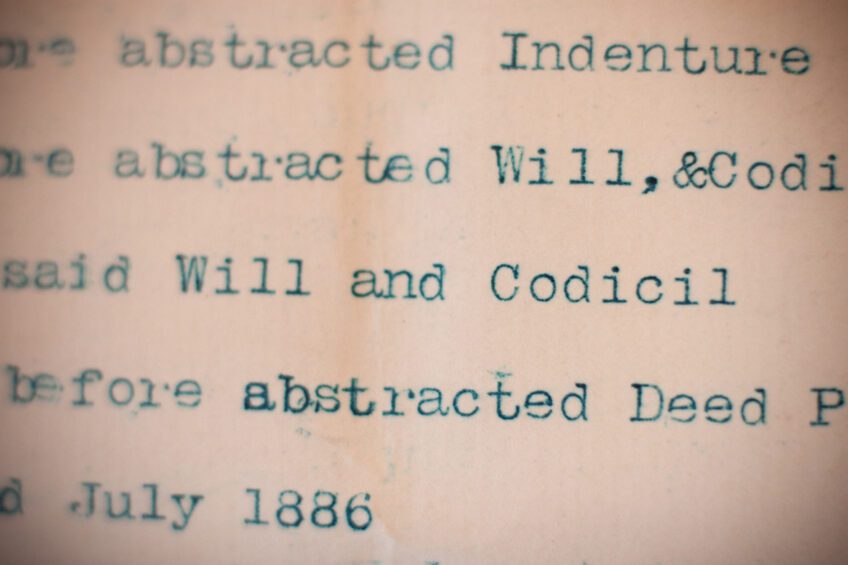Having a will. Writing a will. We all know we should have one, but for some reason, we keep putting it off. Well, this November, Tallents Solicitors is making it easier for everyone to write their will in conjunction with Will Aid, the will writing charity.
Book an appointment to make a simple or joint will this month and Tallents Solicitors will waive their usual fees in exchange for a voluntary donation to Will Aid, who will then distribute the donations made to nine UK charities.

Sarah Allen discusses writing a will
Writing a will is something that people traditionally associate with getting old, but it’s actually a valuable document that every adult can benefit from having, says Sarah Allen from Tallents Solicitors.
No one knows what life holds for them, which is why having a will makes so much sense, especially with the more complex family structures we often have today. Most people know that a will can be used to ensure that your financial assets are distributed after your death in the way that you want to those who are dear to you, and that it can be used to reduce the inheritance tax due on your estate.
Additionally, if you have children under 18, you can also make provision for them in your will, such as who will be their guardian and who will look after their financial concerns.
However, a will can be used for much more than this says Sarah.
Digital assets – what happens on death?
Almost everyone these days has digital assets, and the term refers to a wide range of things. These include not only emails, social media accounts and digital accounts, such as iTunes or Amazon, but also increasingly pensions and bank accounts as these are managed online.
Digital assets are divided into distinct areas: ownership and use, access and privacy and electronic wills.
Digital assets form part of your estate on death and you should leave clear instructions to your executors about what should happen to them in the event of your death. Depending on the type of digital asset you have, you may have entered into a user agreement with the digital service, which might restrict the sharing of usernames and passwords, even to your executors in the event of your death, so it’s important to ensure that you leave specific instructions on what you want to happen.
Certainly passwords should not be included in a will as it becomes a public document on your death, so ensure you take professional legal advice on how to handle this issue.
Leaving a bequest to charity
Your will is also a way to say thank you for something you are grateful for, perhaps a local hospice or hospital cared for a family member, or you were helped by a charity during a time of need. Whatever your reason, a gift in your will is your chance to give something back and support them for future generations. Additionally, leaving a bequest to a charity will create tax breaks for your estate too.
Sarah encourages clients to always think about family and friends first when writing a will and then to consider the charities they might want to support. It also makes sense to discuss your intention to leave charitable bequests with your family too.
Ensure your will is valid
Whatever you decide to do with your estate is your business, but in order for your will to be valid it needs to be witnessed and signed by two independent adults and dated. The witnesses cannot inherit anything from your will or benefit from it in anyway. You will also need to appoint your executors, who will distribute your estate in the event of your death.
When choosing who to write your will with, remember that solicitors are regulated by the Solicitors Regulation Authority and fully insured too. All too often, Sarah has experienced issues with homemade wills and has had to spend a significant amount of time working with grieving families to rectify problems after the will writer has passed on.
Tallents Solicitors offer professional will writing services at their three offices in Newark, Southwell and Mansfield and anyone wishing to write a will is encouraged to make an appointment.


